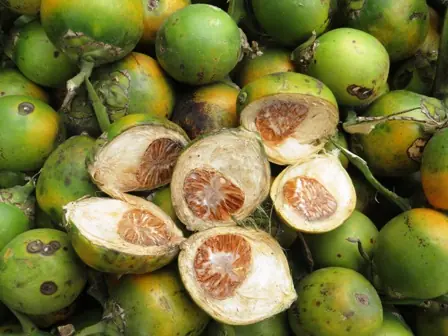
Mistakes in washing dishes
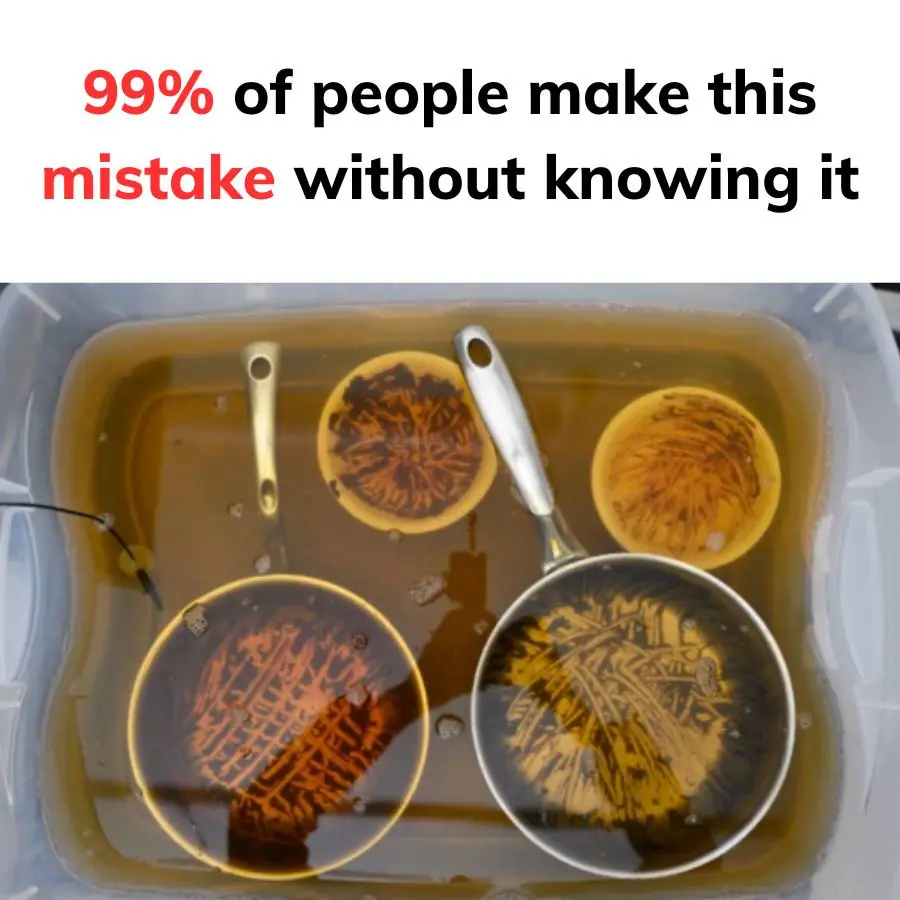
Should you soak or wash your dishes?
Many people believe that soaking dishes in water before washing helps remove stubborn stains, but tests show the opposite.
In fact, each family has different dishwashing habits. Some people will wash dishes right after a meal, but most tend to soak them in water for a few hours or wait until the end of the day to increase cleaning ability. However, according to experts, delaying the dishwashing process has the potential to affect human health.
To prove this, experts tested a pot containing tomato sauce and cake batter with stubborn stains.
Accordingly, they will put the pot in the oven at a temperature of more than 170 degrees Celsius for 40 minutes. After taking it out, the utensils will be soaked in a dishwashing liquid mixture for periods of 1, 2, 3, 4, 6 and 24 hours to test the effectiveness.
At the end of each cycle, the experts tried rubbing their hands on the stain to check the burn's removal. The results showed that whether soaked for a few hours or a day, the stain was still there and the level of reduction was very small.
Another test on a ceramic bowl containing tomato sauce, soaking for a long time can make the situation worse.
Having spent many years studying kitchen behaviors, Associate Professor Barbara Mullan of Curtin University (Australia) believes that soaking dishes in the sink for too long can make them dirtier. The reason is that soaking for too long can easily create conditions for bacteria to grow.
Not to mention, soaking dirty dishes in the sink also increases the possibility of spreading around, sticking to hosts (humans, animals). "They can survive up to 4 days on clean surfaces. In polluted environments, they will live for a longer time," said the Associate Professor.
For the above reasons, experts advise users to wash dishes immediately after use, to limit harmful bacteria to human health.
Steps to wash dishes properly:
Remove all leftover food on bowls and plates to avoid polluting the water source and clogging the drain. For sticky items, you should only soak them for a maximum of 15-30 minutes, depending on the level of dirt.
Then rinse them once with warm water to clean them and avoid oil and grease.
Wash lightly soiled items such as cups, glasses, and small bowls. Then wash the main food containers and finally pots, pans, and cooking utensils.
Dishes can be dried in many ways, such as using a towel to wipe them; drying them in a well-ventilated area; or putting them in a dish dryer.
Finally, clean the sink and wait for the utensils to dry before storing them in the cupboard.
News in the same category

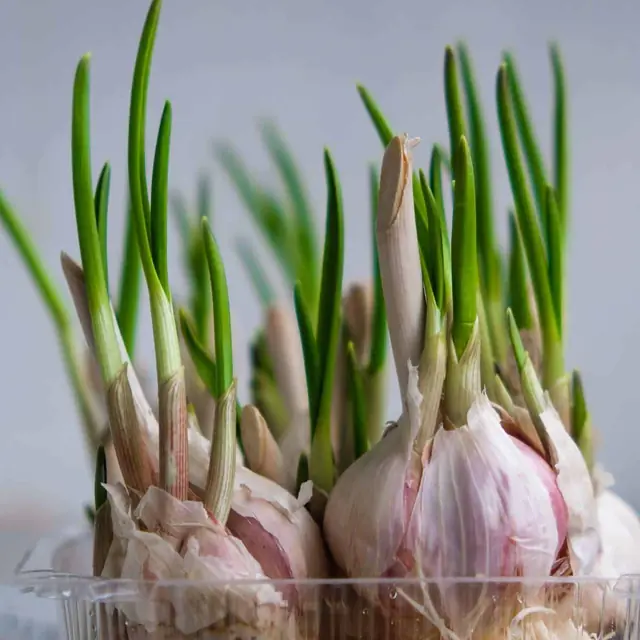
If These 4 Foods at Home Start Sprouting, Don’t Throw Them Away: They’re Not To.xic—They’re Even More Nutritious!

Goodbye fleas, ants, and cockroaches with this home remedy

Turns out this is what costs us more electricity than anything else

Try picking a few plants from this list and see what good things come your way!

Clothes come out of the wash wrinkled? Add this cheap item to the washing machine—laundry comes out smooth and fresh

If You See These 3 Signs in a Hotel Room, Check Out Immediately, Experts Warn
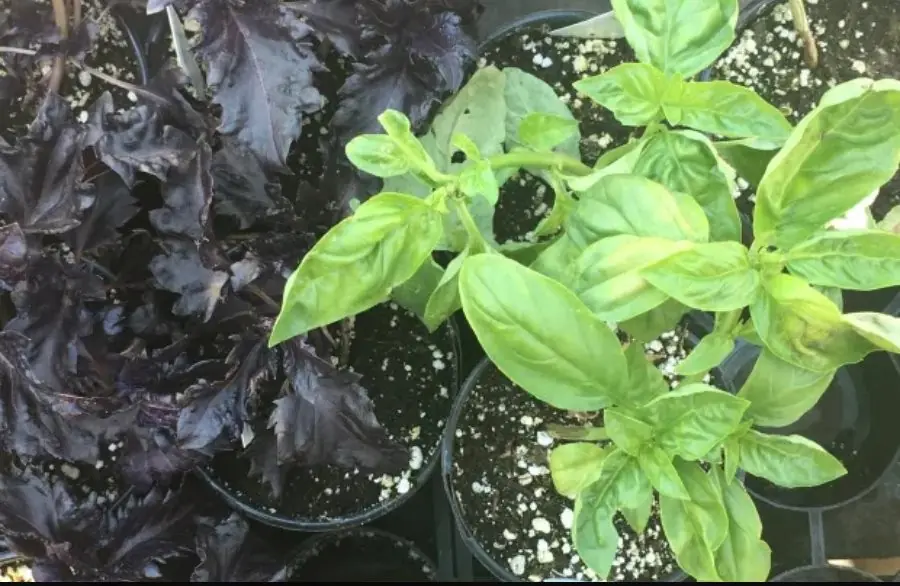
This vegetable is not only a familiar spice but also a valuable medicine

4 Types of Drinks You Should NEVER Put in a Thermal Flask

Why do dogs react aggressively to some but stay calm with others? There’s always an explanation

Smart travelers always turn on the bathroom light when staying overnight in a hotel — here’s why

3 types of fish that may become ‘can:cer hotspots’: No matter how tasty, it’s best to avoid them — especially the second one

If your phone shows these signs, you may be under surveillance

Should You Remove the Plastic Cover from a New Mattress?

Garlic Only Ranks 9th — The No.1 Choice Is Surprisingly Affordable

3 types of shirts you should never wear to a funeral

Flight Attendant Reveals the Real Reason Cabin Crew Sit on Their Hands During Takeoff
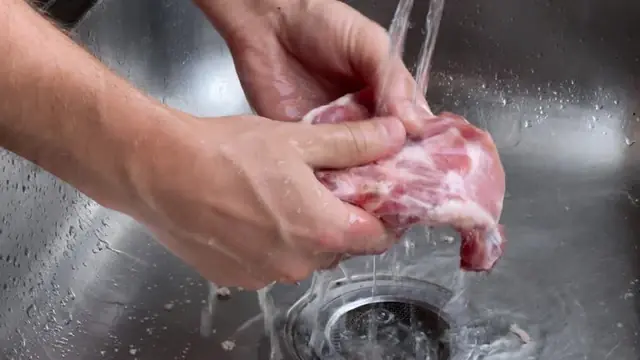
Should You Wash Meat and Fish Bought from the Supermarket?
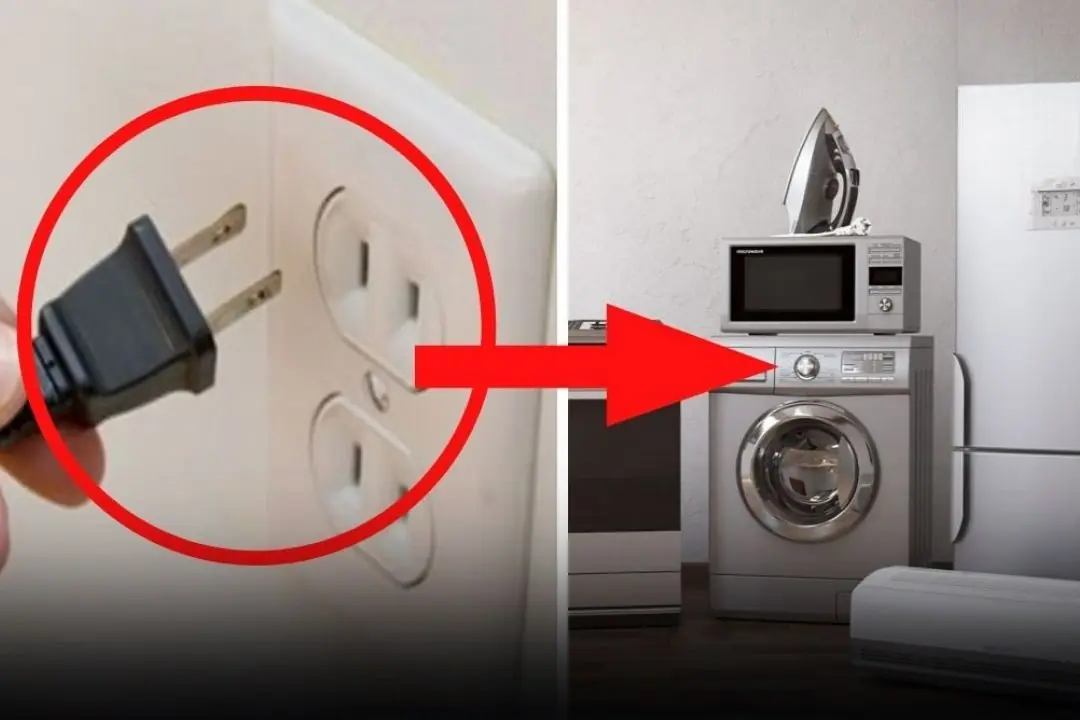
If You Don’t Unplug These 5 Electrical Devices at Home, Your Electricity Bill Could Skyrocket!

At the market, if you see these 4 types of vegetables, don’t hesitate—buy them immediately
News Post
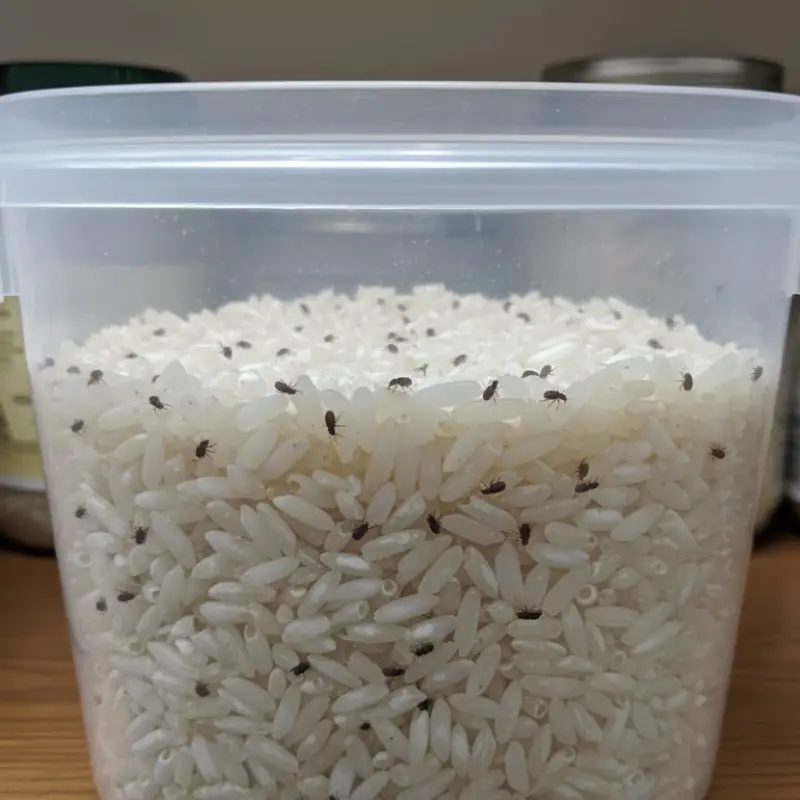
How to store rice to prevent insects and mold: Tips to keep rice fresh and flavorful

Why you should leave the bathroom light on when staying in a hotel or motel?

Eating Leftovers from the Fridge, 50-Year-Old Man Dies: 5 Foods You Should Never Keep Overnight — If Left Over, Throw Them Away

Why placing a roll of toilet paper in the fridge can effectively remove odors?
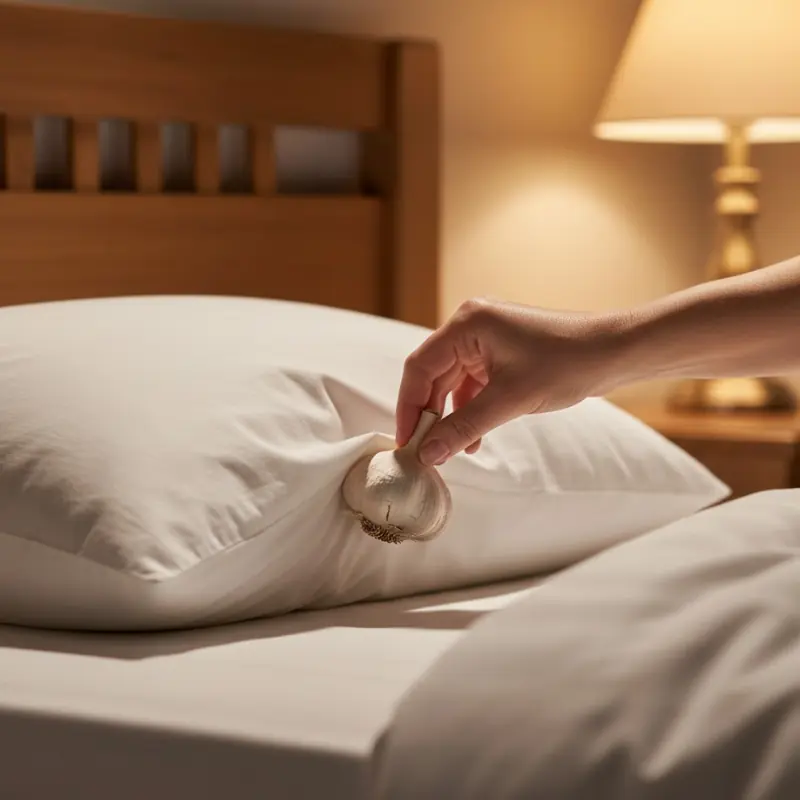
Why Should You Place Garlic by Your Bedside at Night? Everyone Will Want to Try It Immediately
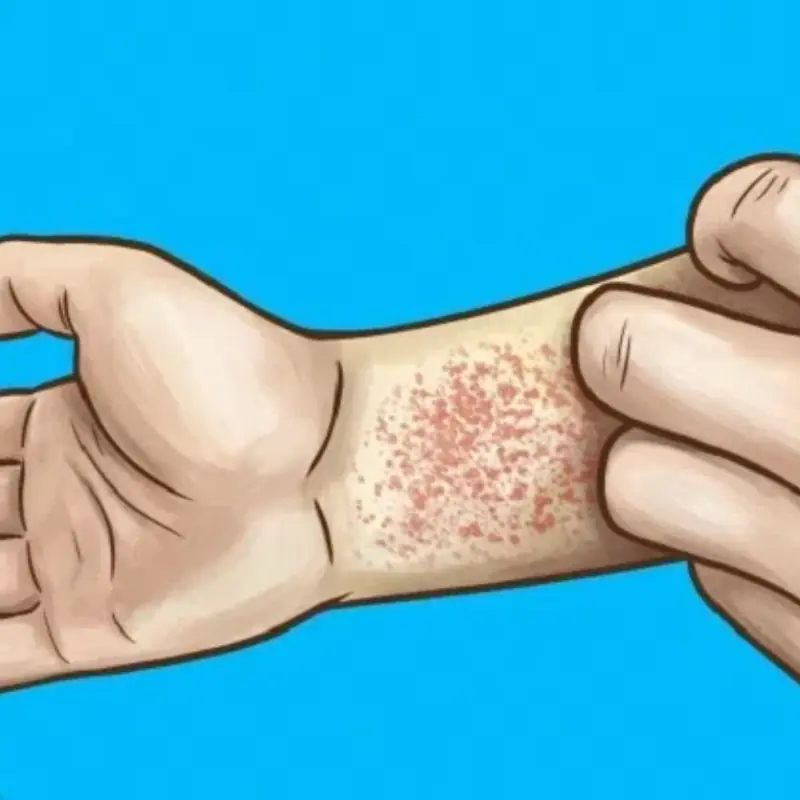
10 Signs That Your Kid.neys Are Weakening and Need Medical Attention
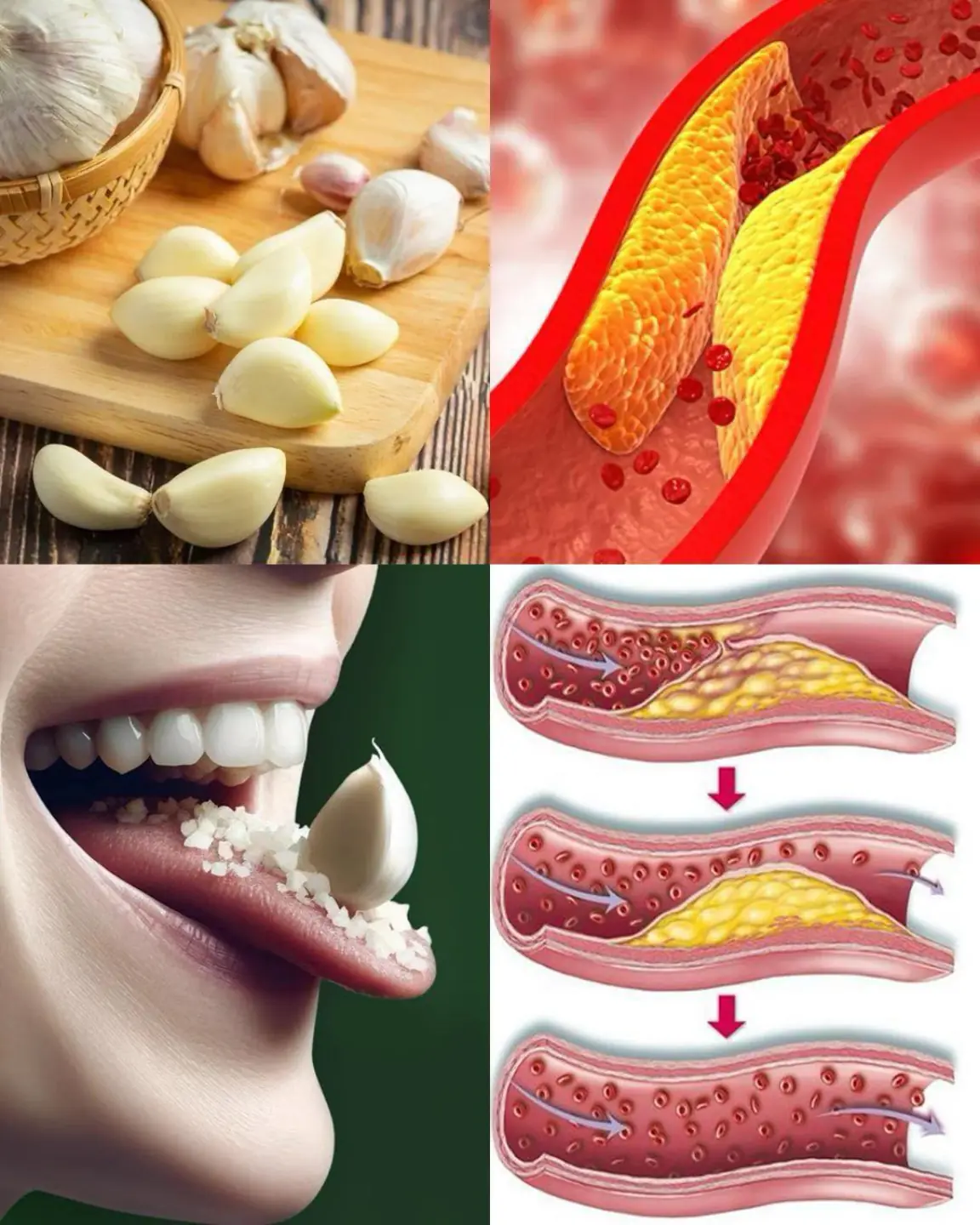
Eating raw garlic every day: A natural way to support cardiovascular health and lower cholesterol

Diagnosed with stomach can.cer at 38, this man sounded the alarm

Strawberry Cream Croissant Dessert

6 plants that snakes are strongly attracted to, and 3 that naturally keep them away
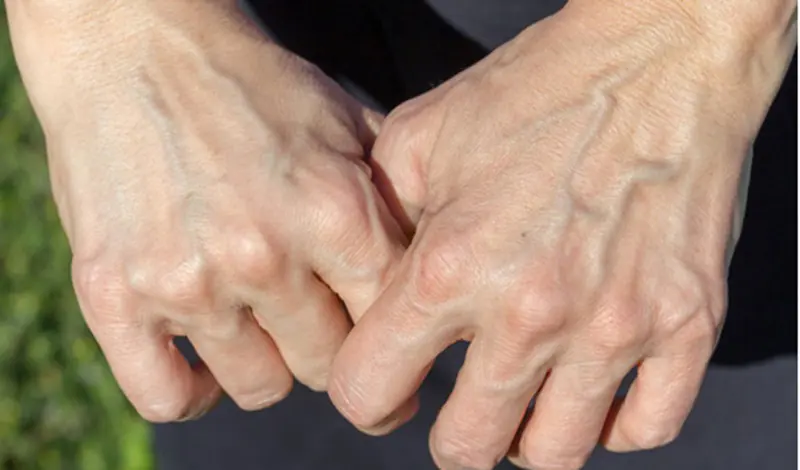
What visible blue ve.ins may reveal about your health - Signs you should not ignore
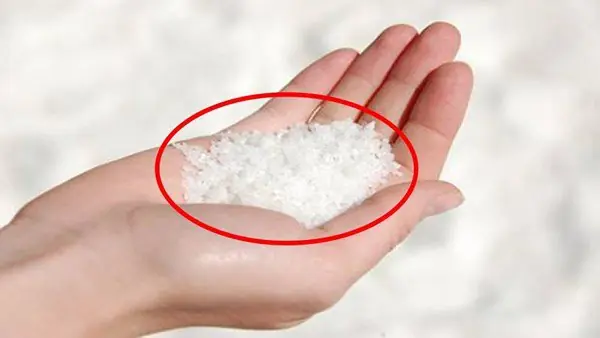
Sprinkling salt in door cracks: A simple habit with surprising meaning and practical benefits
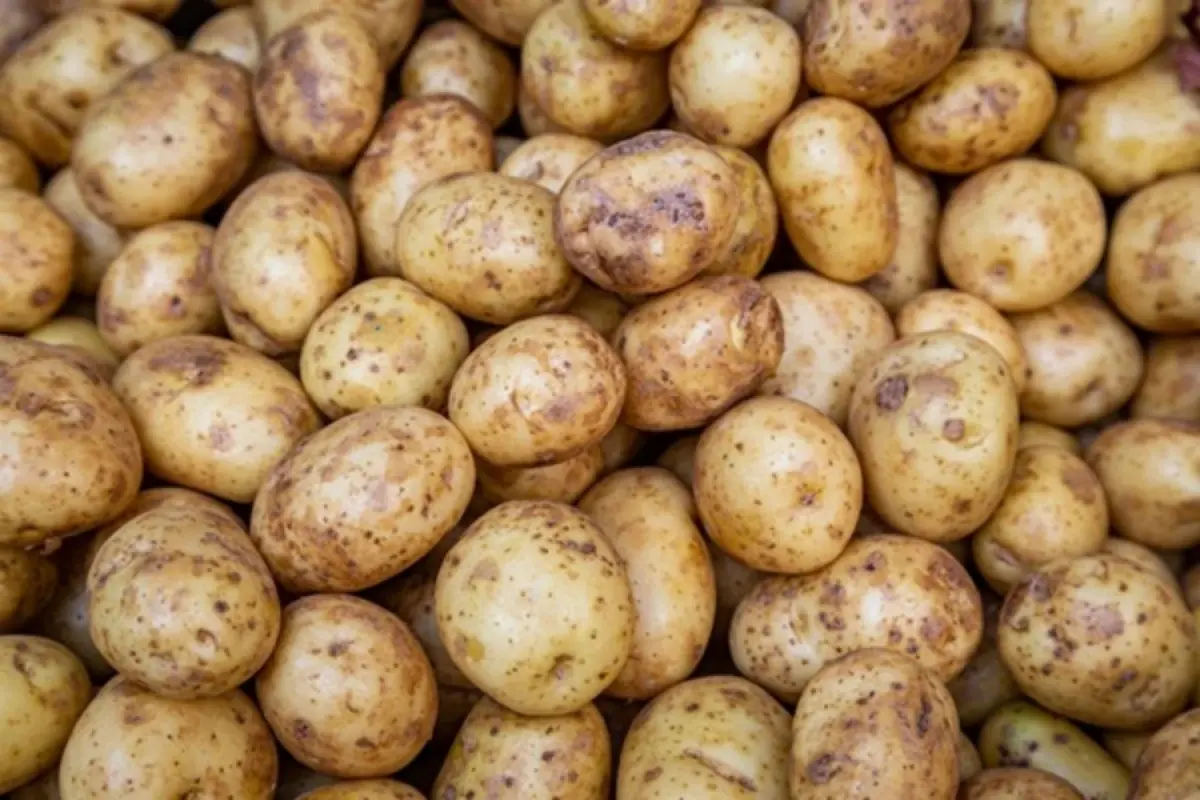
Potatoes are nutritious - But not everyone should eat them frequently
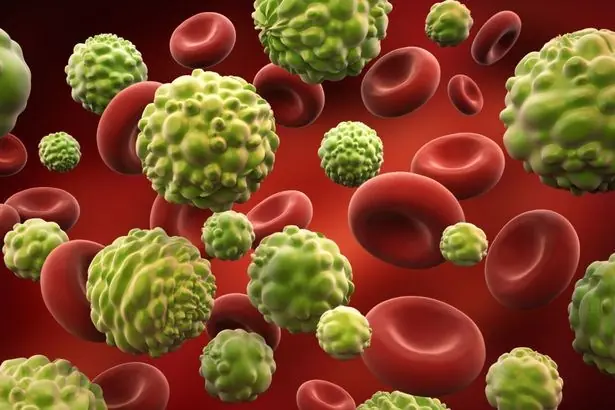
Can.cer often sends quiet signals in the morning - 3 symptoms you should never ignore

If These 4 Foods at Home Start Sprouting, Don’t Throw Them Away: They’re Not To.xic—They’re Even More Nutritious!
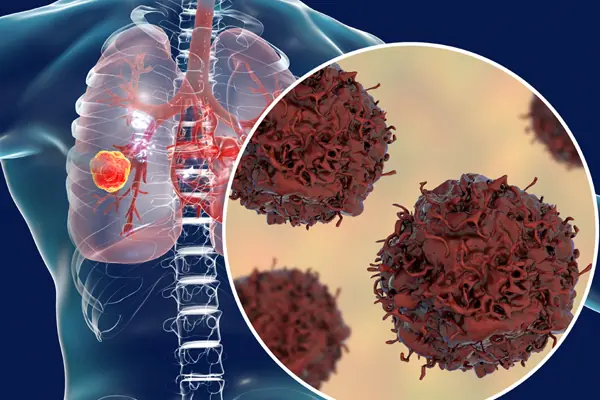
Never Smoked but Still Get Lu.ng Can.cer? Doctors Say the Cause Comes from One Thing Almost Everyone Is Exposed To — Especially Asian Women
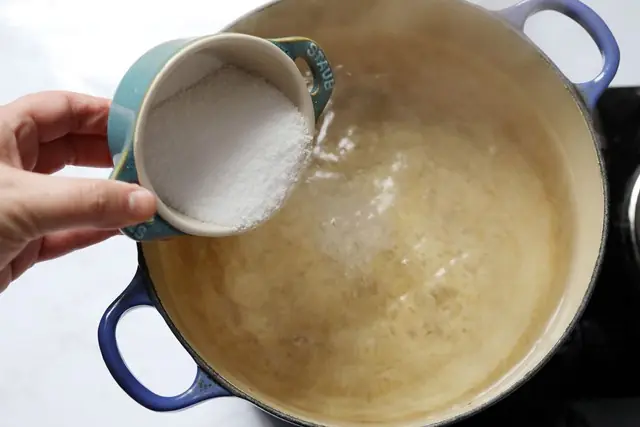
Can.cer Cells Love These 3 Flavors the Most — Many People Are Shocked to Realize They Eat Them Every Day
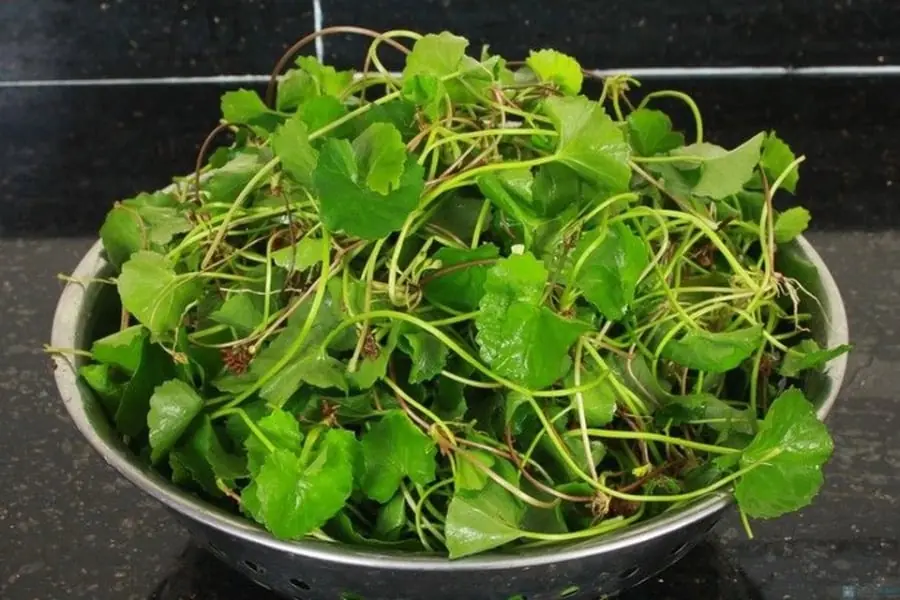
3 Vegetables Known as “Natural Li.ver Tonics,” Widely Sold in Local Markets
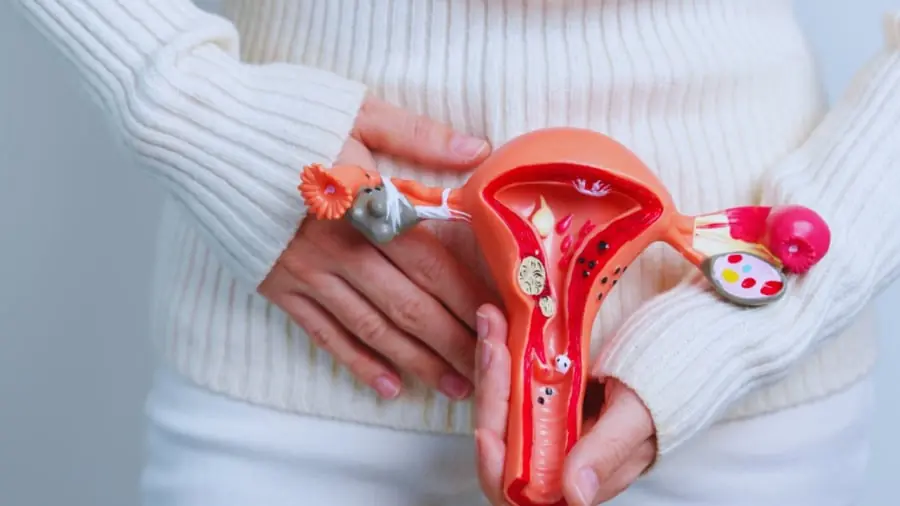
3 Selfish Habits of Husbands That Increase a Wife’s Risk of Cervical Can.cer: Stop Them Now Before They Harm the Whole Family
